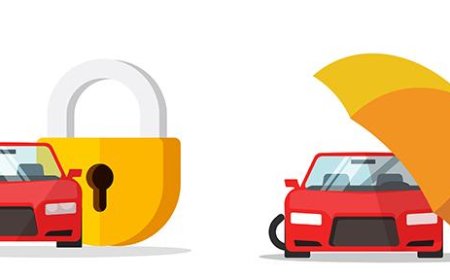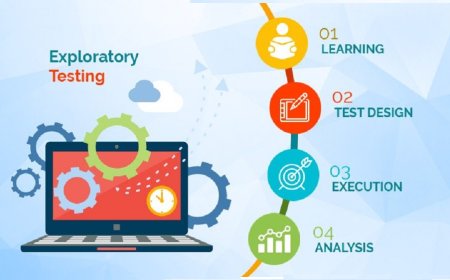Full Body Checkup to Monitor Occupational Hazards

In todays rapidly evolving work environment, employees across various industries are exposed to different types of occupational hazards. From chemical exposure and dust inhalation in factories to prolonged screen time and stress in offices, workplace risks can significantly affect health over time. Afull body checkup is an essential tool that helps in early detection, prevention, and management of health issues arising from such occupational hazards.
Occupational hazards are not limited to physically demanding jobs. Even sedentary occupations come with risks such as musculoskeletal disorders, cardiovascular concerns, and mental health problems. Whether youre a factory worker exposed to chemicals or an IT professional glued to a screen for hours, undergoing a full body checkup at regular intervals can provide a comprehensive overview of your health status.
A full body checkup typically includes a series of tests that examine the functioning of vital organs like the heart, liver, kidneys, and lungs. It also assesses blood sugar levels, cholesterol, vitamin deficiencies, and the overall immune system. These parameters are essential in identifying early signs of health deterioration caused by continuous exposure to occupational risks.
For those working in industries like mining, construction, or manufacturing, exposure to hazardous substances is common. Inhaling toxic fumes, dust particles, or asbestos can lead to respiratory issues and even chronic lung diseases. A full body checkup helps monitor lung function and detect any early signs of pulmonary distress. This ensures that any abnormality is addressed before it progresses into something severe.
Similarly, in office-based jobs, sitting for long hours without physical movement can lead to obesity, back pain, poor posture, and cardiovascular issues. High stress levels can also affect blood pressure and mental health. Through a full body checkup, employees can get a detailed insight into their cardiovascular health, musculoskeletal condition, and stress-related concerns. These insights help take corrective action, such as lifestyle changes or medical interventions.
One major advantage of a full body checkup is its preventive nature. Instead of waiting for symptoms to show up, individuals can proactively assess potential issues. For example, a regular check can help identify elevated blood sugar levels, indicating a risk of diabetes before any symptoms appear. This is especially critical for those working under erratic schedules or night shifts, which can disturb circadian rhythms and metabolism.
Another important aspect of occupational health is the risk of hearing loss, especially in industries with high noise levels. A full body checkup often includes an audiometry test to evaluate hearing capacity, ensuring early detection of any auditory impairment. Likewise, those dealing with radiation or hazardous chemicals can benefit from cancer screening included in a comprehensive checkup.
Employers and organizations also benefit when their workforce remains healthy. Promoting a culture of periodic full body checkup can reduce absenteeism, increase productivity, and foster employee loyalty. When workers feel that their health is a priority, it enhances morale and work satisfaction. From a legal perspective, many organizations are now required to ensure health surveillance of their employees, making regular health checkups a wise and responsible choice.
For professionals working in stressful environmentssuch as emergency responders, healthcare providers, or law enforcement officersa full body checkup can highlight signs of burnout, chronic fatigue, or hypertension. These roles often require individuals to function optimally under pressure, making health monitoring crucial for safety and performance.
Furthermore, occupational exposure to infections or biohazards can weaken the immune system. A full body checkup includes complete blood counts and immunity markers to detect anomalies that could lead to frequent illnesses or weakened resistance.
Even those in creative or freelancing professions are not exempt. Poor sleep patterns, irregular meals, and extended screen time can contribute to long-term health issues. A full body checkup helps track the impact of these habits and motivates individuals to adopt healthier routines.
In conclusion, the importance of a full body checkup in monitoring occupational hazards cannot be overstated. It serves as a safety net, offering early detection of hidden health threats and enabling individuals to take informed decisions about their wellbeing. No matter what the nature of your work is, investing in a routine full body checkup is an investment in your long-term health. With workplace-related illnesses on the rise, proactive health screening ensures youre not just working hard but also working smart and safe.
By undergoing a full body checkup at regular intervals, you empower yourself with the knowledge to prevent serious conditions and maintain optimal health. Prioritize your health and let each full body checkup be a step toward a safer, healthier future.
































